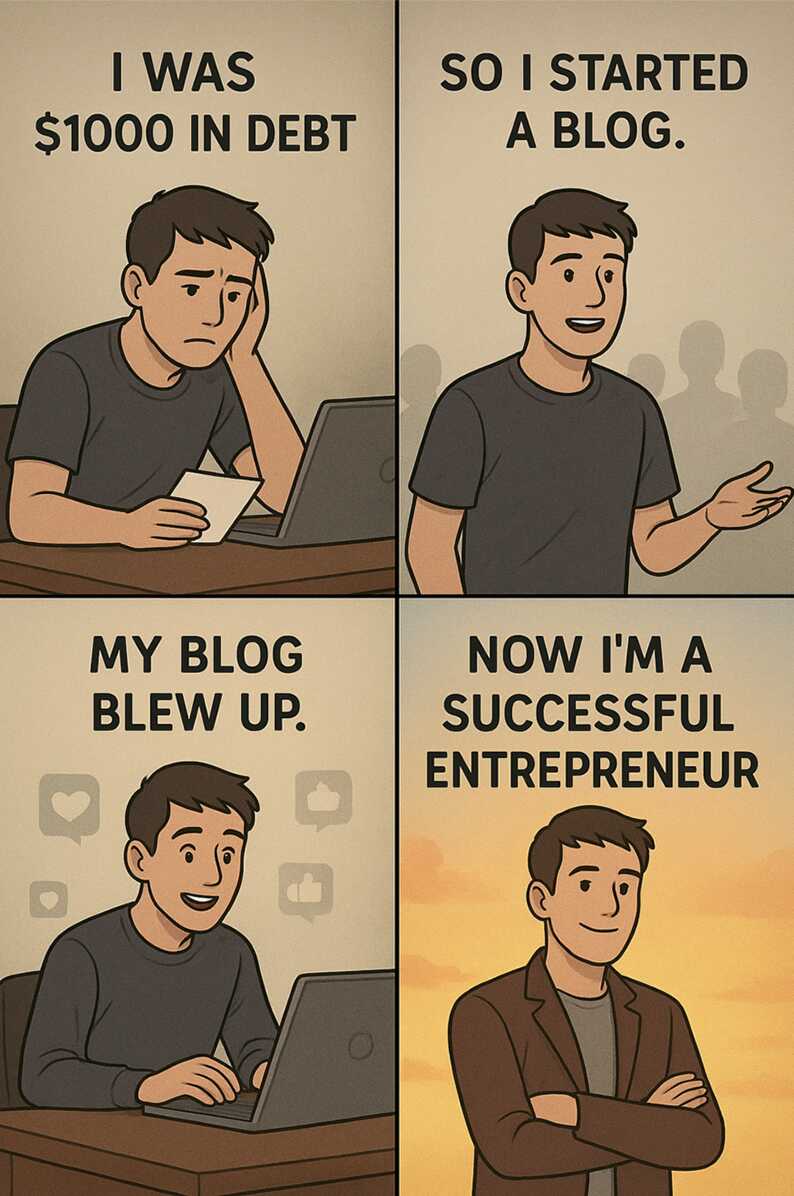10 Motivational and Inspiring Short Stories.
The Locksmith and the Moon
Marta learned to pick locks in the damp light of a seaside workshop, her fingers slick with oil and sea salt. One stormy night a neighbor, frantic, brought a rusted trunk that held old letters and a child's name stitched into a sweater. She worked through the hour, listening to waves like a metronome, and when the trunk opened the letters smelled faintly of lavender and distant summers. The reunion that followed mended more than a lock; small kindnesses, she realized, are tiny keys for repairing whole families.
The Baker's Two Ovens
Every dawn Elias slid loaves into two ovens: one new and blistering, the other old and temperamental. The villagers loved the burnished crusts from the old oven, imperfections and all; tourists praised the perfect symmetry baked in the new one. He learned to feed both, adjusting heat, whispering to dough like a gardener to plants, and discovered that excellence thrives when you honor both craft and curiosity. In his small bakery, patience and experimentation braided into a recipe nobody could copy.
The Runner with a Compass
Aya ran past the same park bench every morning, headphones off, palms numb from cold. One day she found a compass tucked under a slat, needle twitching, and kept it tucked into her glove. When she tired mid marathon, she took it out, watched it settle, and remembered why she’d started: to see the city before sunrise, breathing in unfamiliar streets like a foreign poem. That tiny brass circle redirected more than her feet; it restored direction to a life that had been running on autopilot.
The Cartographer of Small Joys
Old Mr. Devlin painted maps of his town not with streets but with feelings: a plaza for laughter, an alley for quiet courage, a bakery for first prizes. Children would crowd his kitchen table to place stickers where they felt brave, naming their little victories aloud. One child, shy and stammering, stuck a gold star on the "plaza" and later spoke in front of class, voice steady as a bell. Devlin taught everyone that maps are not only for routes, they can chart the heart.
The Gardener and the Concrete Patch
When the municipality paved over a weed cluttered lot, Leyla refused to let the soil be erased; she pried at seams, planted marigolds in the narrowest cracks, and watered with a plastic jug. The first harsh summer nearly killed her seedlings, but neighbors brought cast off cups and a trowel. By autumn, a riot of color threaded through concrete joints and commuters began to smile at the patch as they walked past. A tiny green insurgency, she proved, can soften the hardest surfaces.
The Composer Who Couldn't Hear a Note
Julian lost most of his hearing after a fever, but he continued composing, placing palms on piano lids to feel vibrations, translating rhythm into tactile landscapes. He wrote a short nocturne that his granddaughter played at a small recital, the audience leaning forward as if listening with their eyes. Afterward, she hugged him and said, "I heard you in my bones, Grandpa." Sound, he found, is more than air; it's feeling, memory, and the courage to remake meaning.
Lighthouse at Two in the Morning
The lighthouse keeper, Samir, kept a ritual: polish the lens, check the oil, climb the spiral staircase and whisper to the ocean. One foggy night a small fishing boat's light blinked out and panic beat against the mast. Samir lit an extra lamp, aimed it, and for hours he traced safe passages with the lamp's sweep. When the fishermen docked, trembling but intact, they left him a thermos of tea and a carved wooden fish; he went back to the lantern room knowing navigation is sometimes a willingness to stand awake for others.
The Carpenter's Mistake
Rosa cut the wrong beam and for a terrifying hour the whole gazebo looked like a ruined poem. Rather than hide the error, she reshaped it: the crooked beam became a mantel for climbing roses, and people favored that gazebo for photographs because imperfection felt honest. She stopped measuring only with tape and started measuring with imagination, learning that a misstep can be an invitation to inventiveness. Clients came not because things were flawless, but because her creations had soul.
The Student Who Failed Twice
Marcus failed his exams twice and felt like a character in a play he hadn't auditioned for. He enrolled in night classes, traded weekends for practice tests, and taught younger students to tutor as a way of sharpening his own thinking. On the third try he passed; more so, he discovered a community of late night learners who shared thermos coffee and stubborn humor. Passing became a side effect: the real win was learning how to keep showing up.
The Woman with a Borrowed Camera
Lina borrowed a camera from a friend and photographed the market vendors at dawn, faces lined like sewn maps of labor. She printed one image of a man selling oranges and taped it to a coffee shop wall with a note: "You matter." People began adding notes and photographs, and within weeks the wall had become a mirror of ordinary dignity. She realized you don't need permission to honor others; sometimes you just need to point a lens and hand someone back their reflection.

